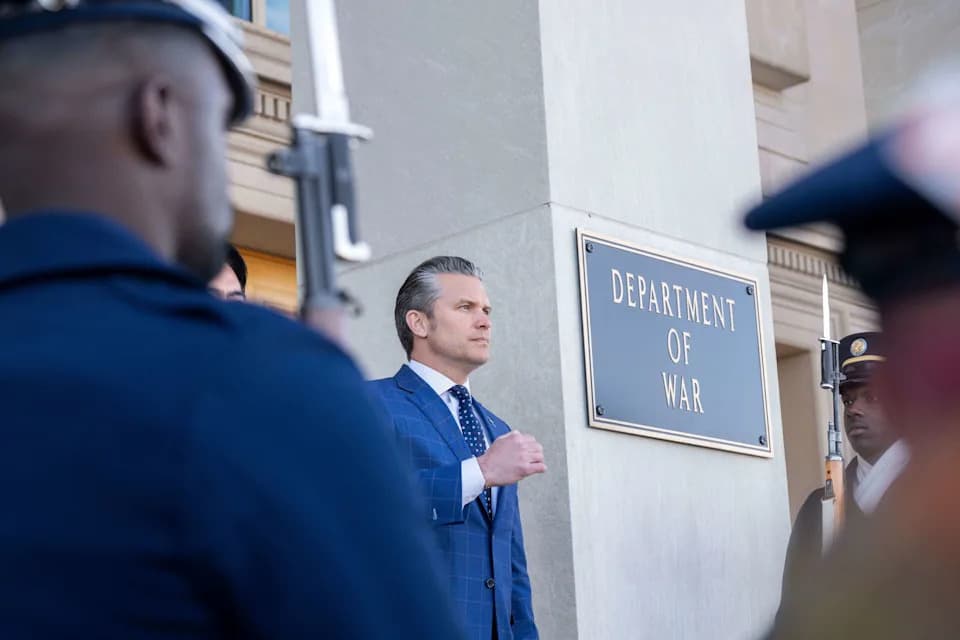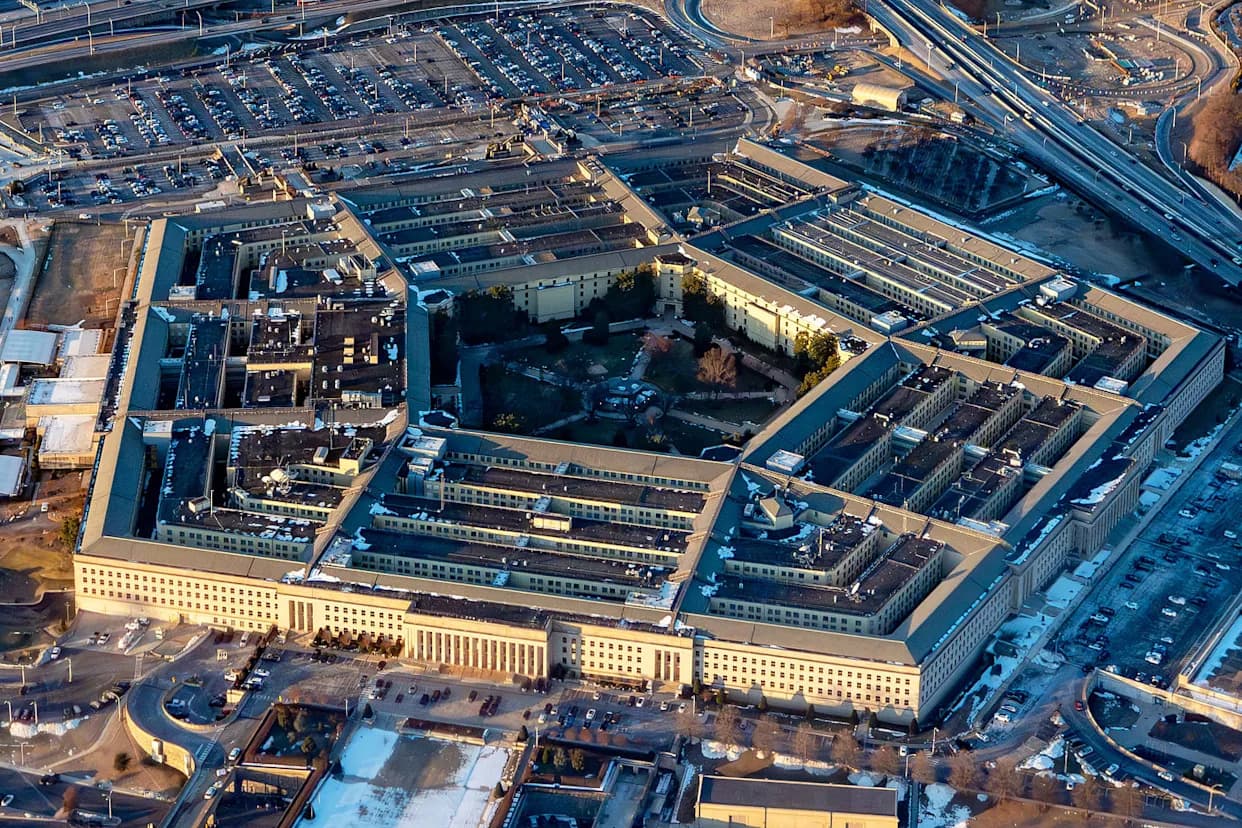U.S. Defense Secretary Pete Hegseth praised South Korea's plan to raise military spending and strengthen its forces, saying Seoul will assume a larger role deterring North Korea as allies prepare for "regional contingencies."
The remarks followed annual security talks in Seoul with Defense Minister Ahn Gyu-back, where leaders stressed modernizing the U.S.–South Korea alliance and aligning capabilities.
The move aligns with U.S. goals for South Korea to expand conventional defenses so Washington can reallocate resources toward strategic competition with China.




























